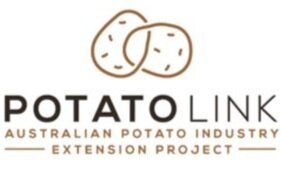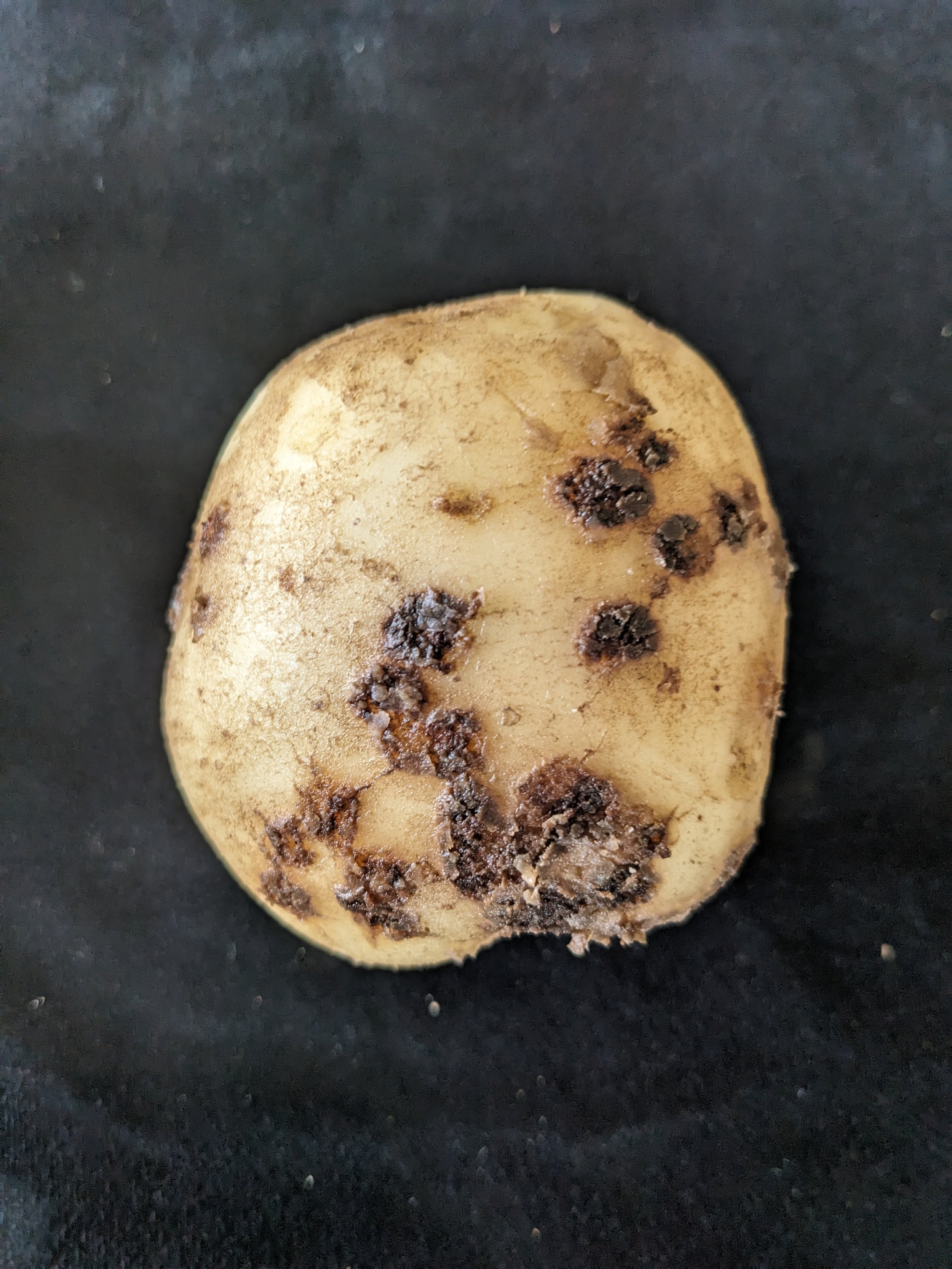Exploring Spongospora suppressive soils in potato production
The diseases caused by Spongospora subterranea (tuber powdery scab and root hyperplasia) can cause significant yield and quality loss. Not all soils are equally susceptible to this disease. This 2020 report determined factors that resulted in Spongospora suppressive soils in New Zealand.
Managing the risks of powdery scab in potatoes
This guide produced by RMCG in 2020 was based on current knowledge on management of powdery scab, highlighting key factors that affect the risks of this disease and opportunities for effective disease management.
Spongospora infection of potato roots – ecology, epidemiology and control
Powdery Scab, caused by Spongospora subterranea, is a costly blemish disease. This 2018 report delves into novel detection and mitigation strategies. Both greenhouse and field trials were undertaken. This report has provided a great source of knowledge for the ongoing battle with Spongospora.
Mega pests - Managing soilborne diseases
Want to regain control over chemical-resistant pests? Aiming to reduce costs while meeting quality assurance requirements? This factsheet covers the management of soilborne diseases,.
Influence of Rotation and Biofumigation on Soil-Borne Diseases of Potatoes
This 2001 report was the first study into the influence of crop rotations on disease and yields in the Australian potato industry. The report found that while there were some significant advantages to crop rotations there were still some disease issues that persisted.





